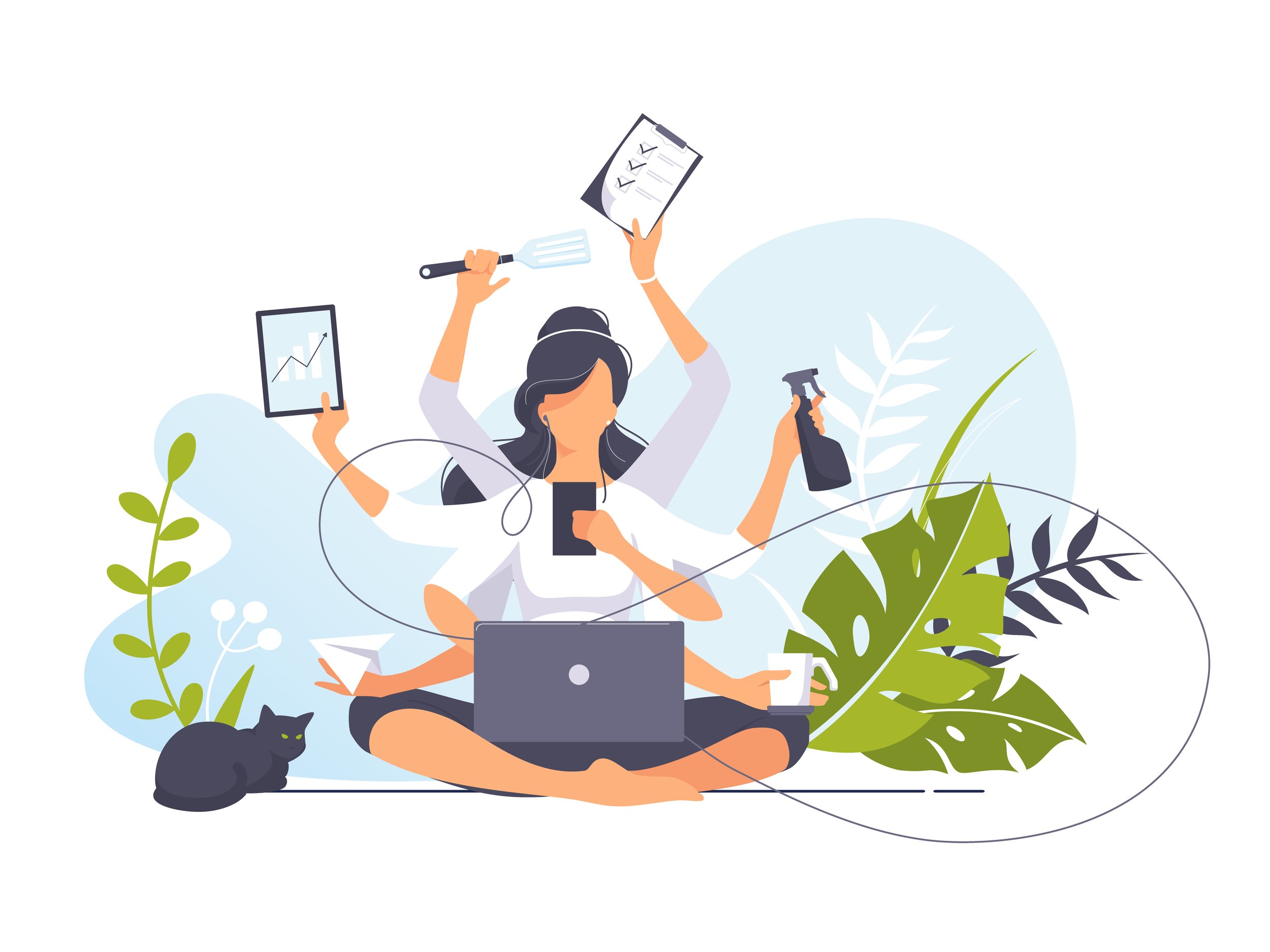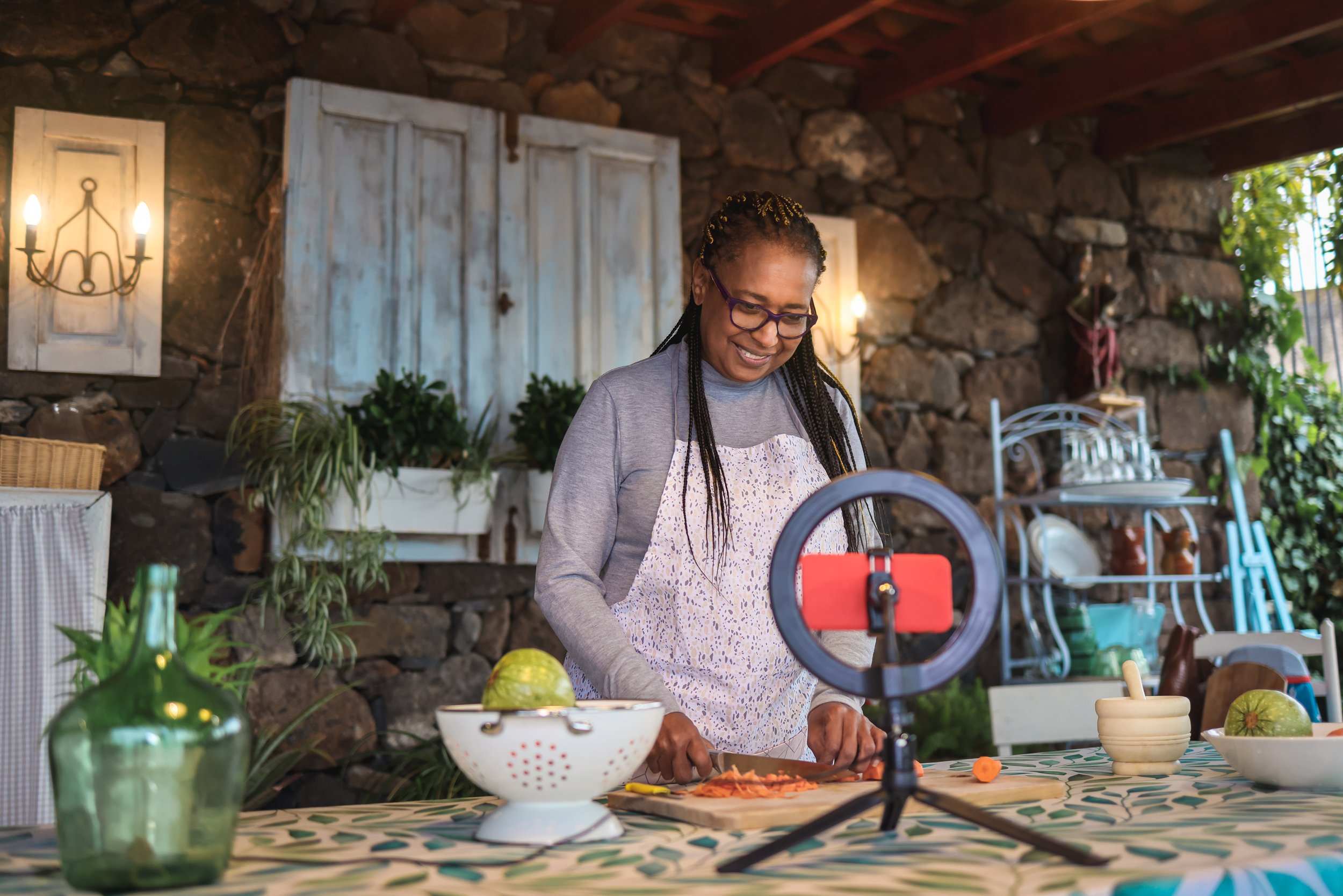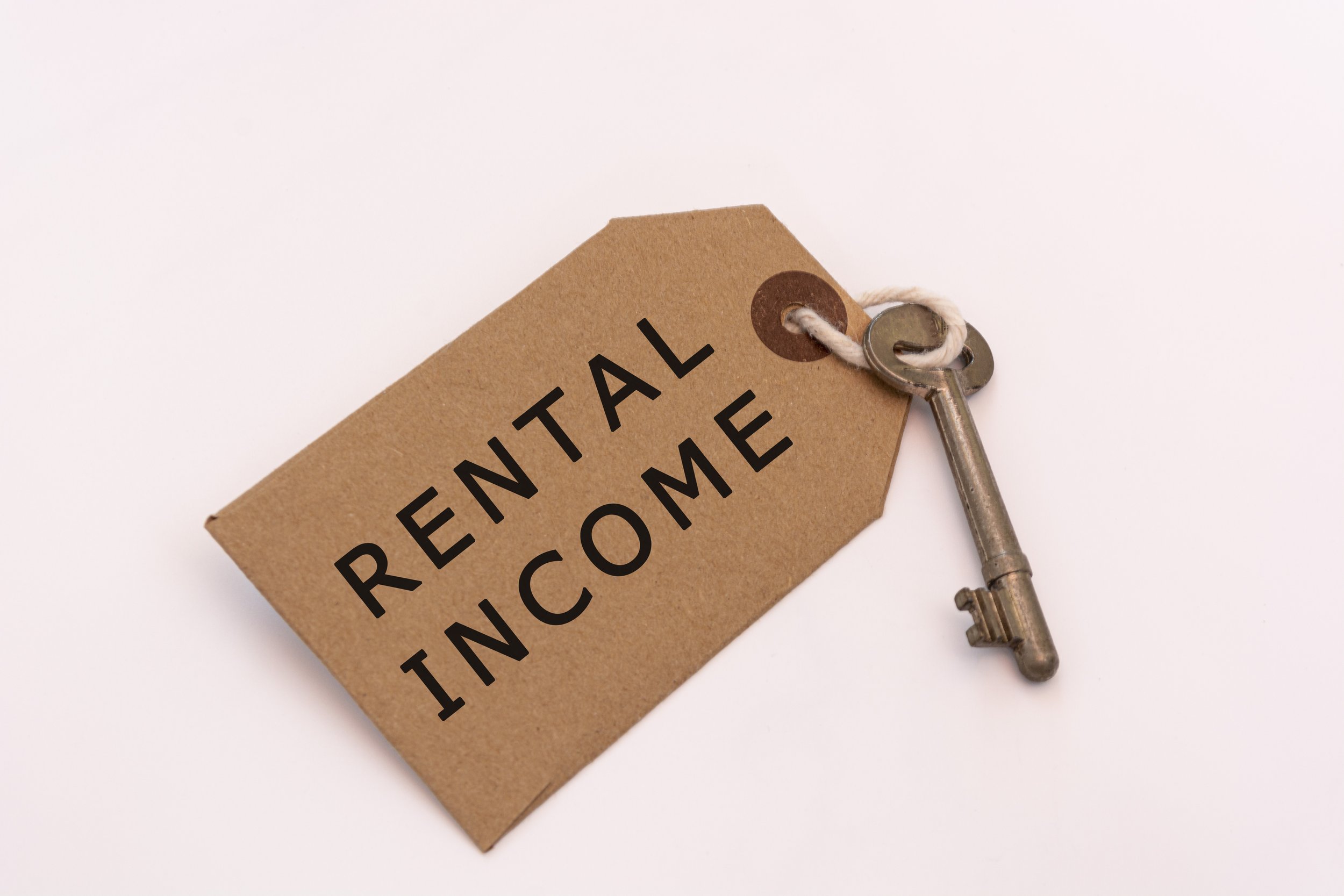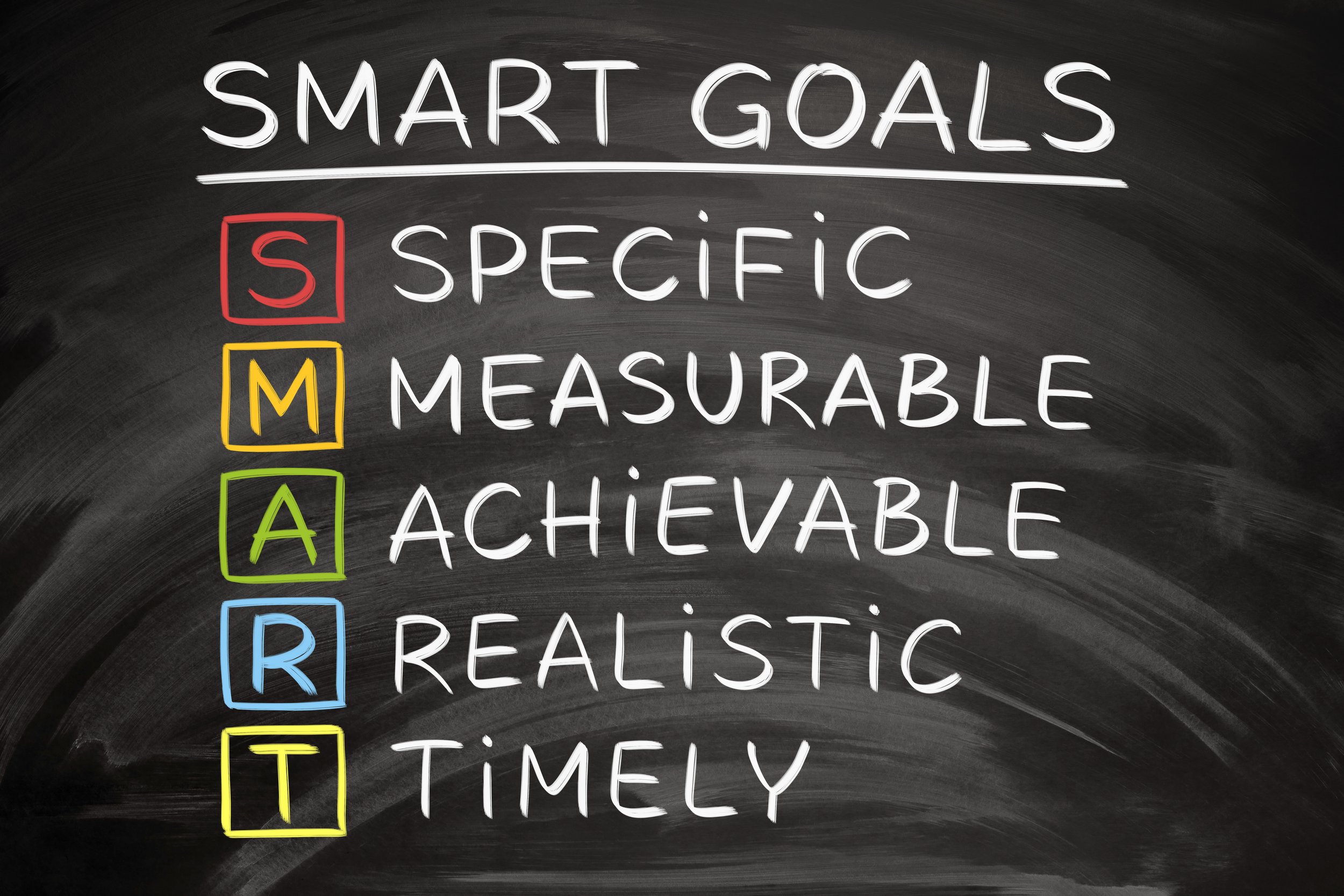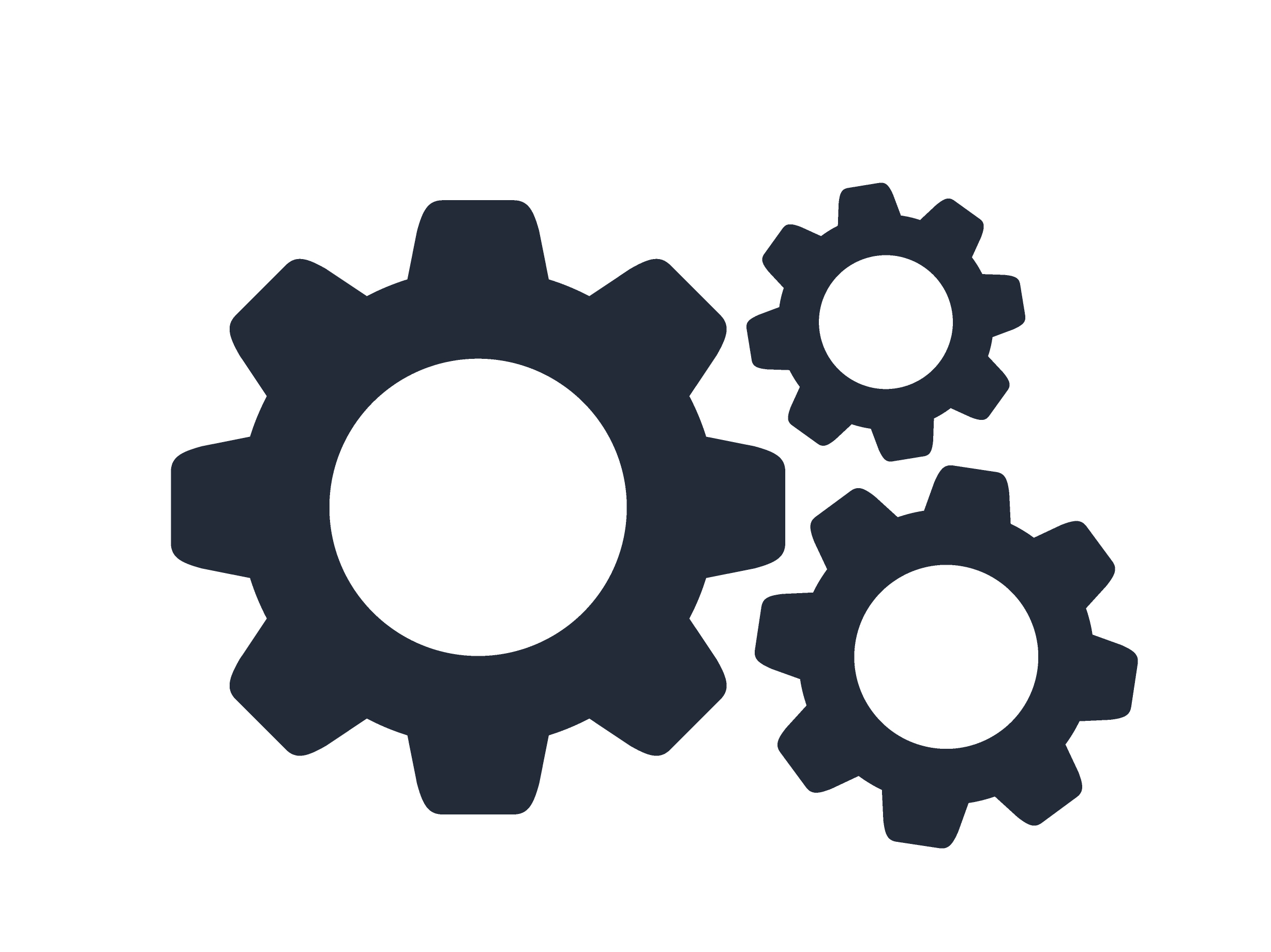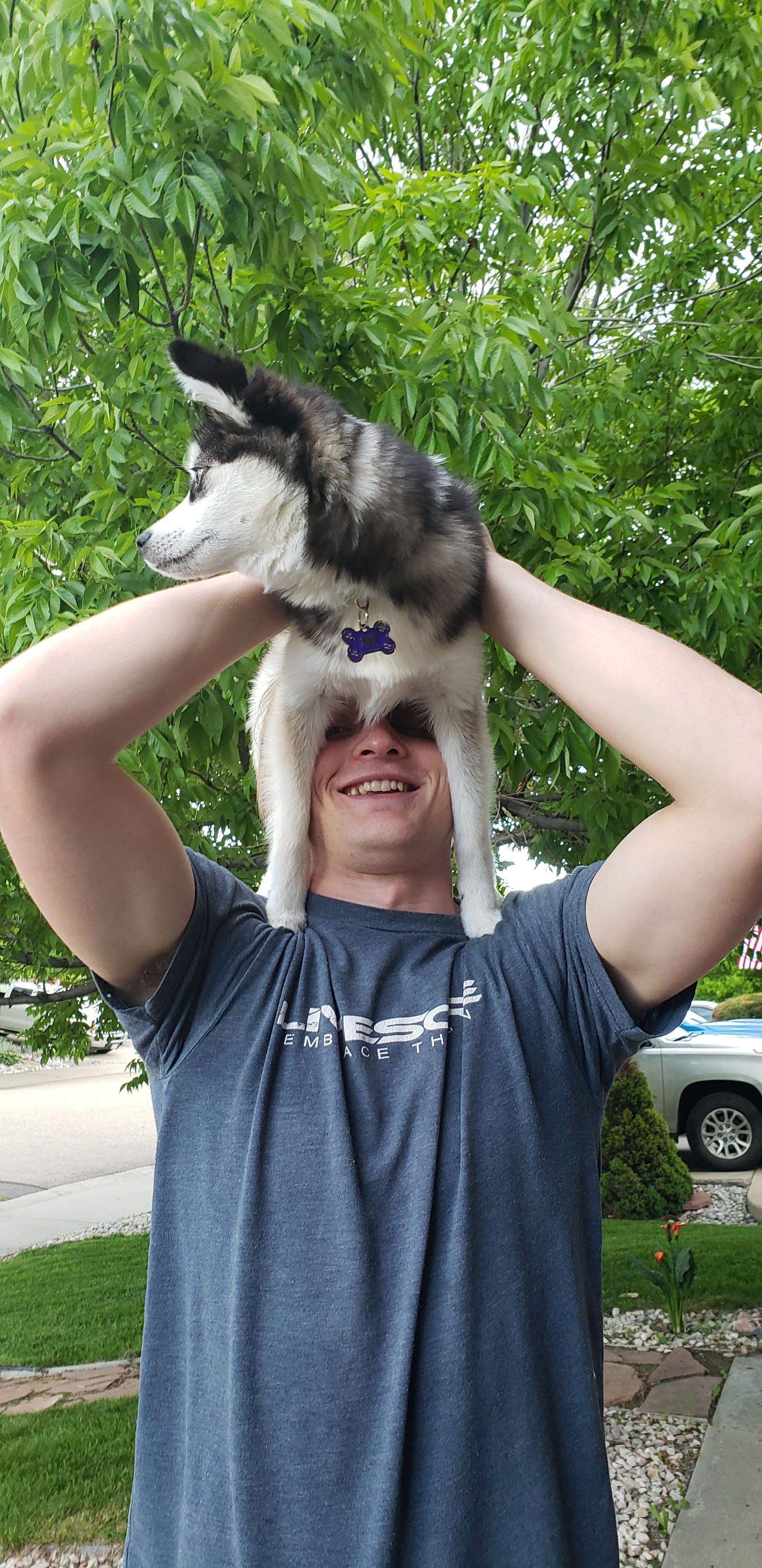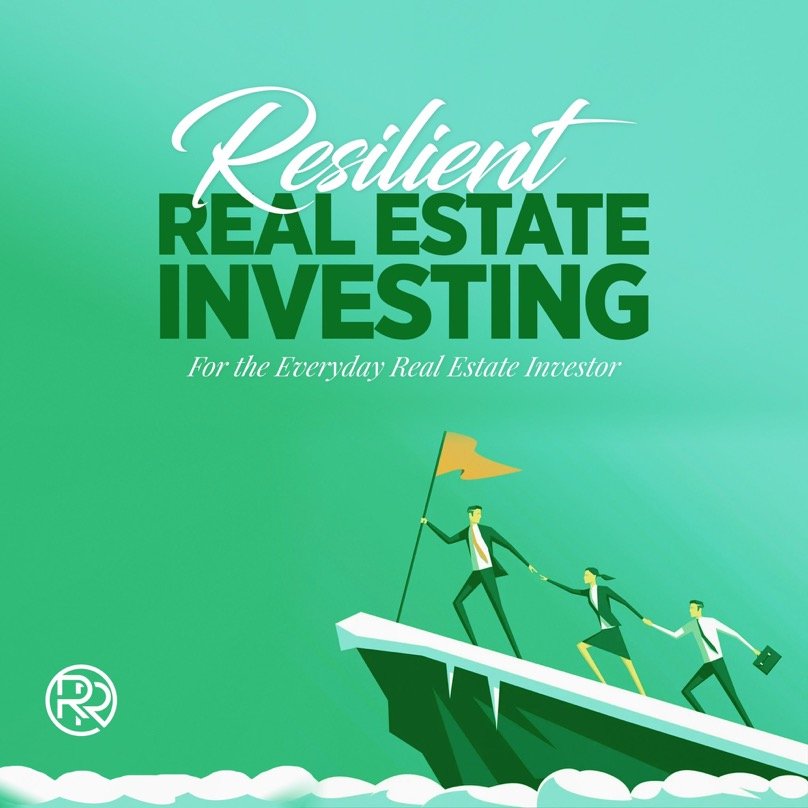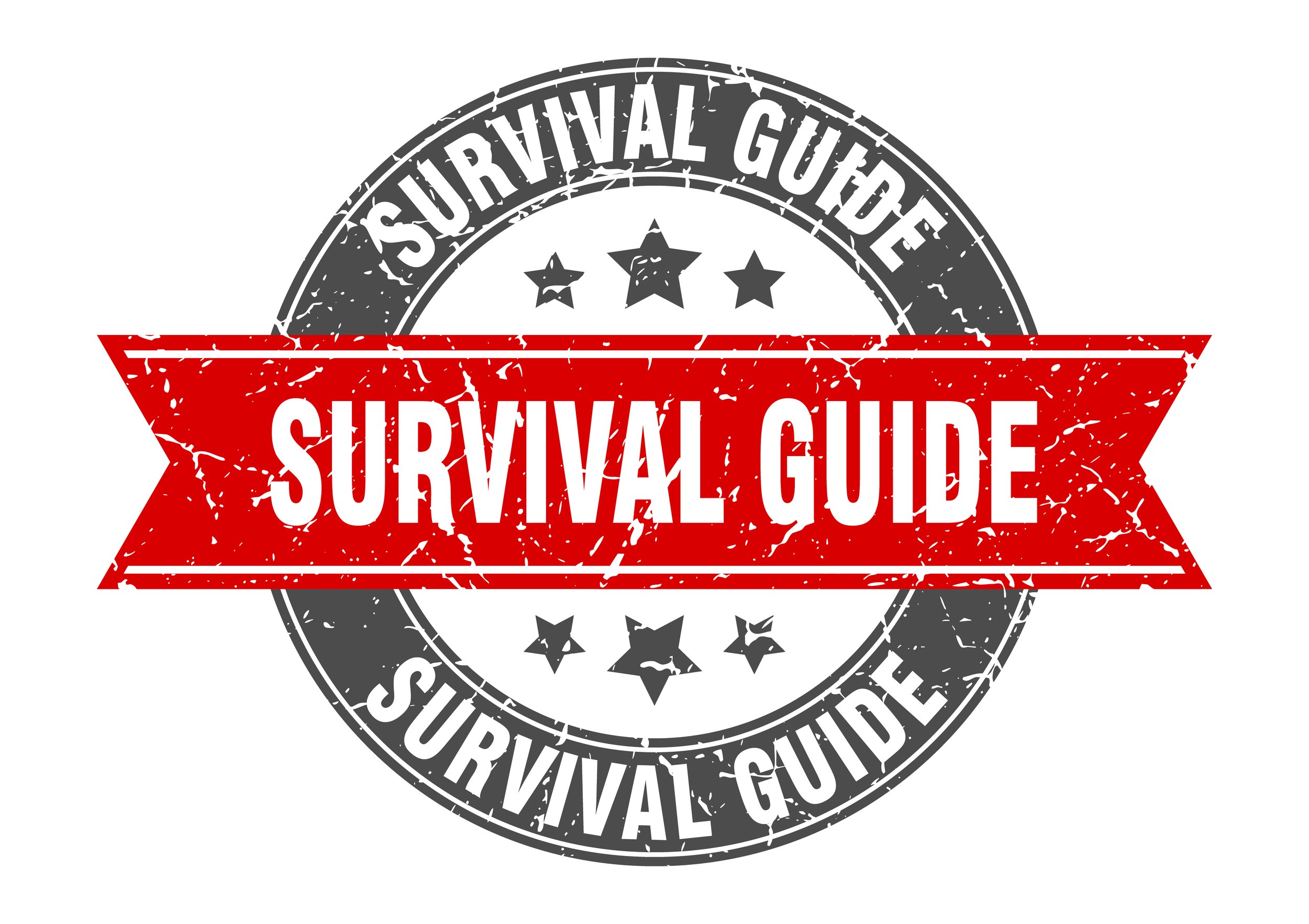What Is It Really Like to Freelance? One Freelancer Shares Her Experiences
The freelancer has to do it all!
In my article “Top 10 Side Hustles for 2025”, I mentioned freelancing as one of them. Many of you expressed interest in learning more. So I reached out to the best freelancer I know, Gena Raymond, to shine some light on the world of freelancing for us!
Guest Post by Gena Raymond
Contents (Jump Links…)
Freelancing has existed for a long time, but its prevalence has ballooned during “The Great Resignation.”
As of August 2021, Upwork reported that 10 million people were considering freelancing. That would mean a 17% increase from the 57 million freelancers in 2019.
There’s a lot of rhetoric urging people to leave their jobs and dive right in, but there are many factors to consider.
I wouldn’t change my decision to jump in full-time, but there’s a lot I wish I had known.
An Honest Look at Freelancing Life
If you’re on social media, you’ve probably seen lots of working from anywhere propaganda: people traveling around the world, typing away on a beach, and gloating about how much they make and how little they work.
The same Upwork report mentioned above noted that 73% of the people considering freelancing named remote or flexible work as the reason.
There are amazing perks to having a flexible remote career that you’re in charge of.
Location independence
Flexibility
Complete autonomy
Unlimited earning potential
Potential to work less and earn more
However, it takes time and effort that people rarely discuss, and it’s important to talk about potential pitfalls too.
Loneliness
When I was a teacher, I had countless social interactions each day. Now, I have to seek these out intentionally. While working whenever I want is fantastic, most others still work a traditional 9-5. They’re not available for most of the week. Working in a coffee shop or taking a class at the gym were helpful options before the pandemic. There are also co-working spaces popping up all the time if you can afford one you like nearby.
Time Management
Complete freedom is intoxicating, but it’s also challenging to manage. There’s no externally imposed schedule or rules. There’s no separation between your personal time and work time- unless you implement it. I never feel like I’m doing enough work, and I don’t know how I ever managed my personal life within the confines of a full-time job.
The Pomodoro technique, specifically the Pomofocus app, helped me tremendously when I first started. Many freelancers also swear by time trackers like Clockify. You might be surprised how much or little time you actually spend working. More importantly, are you setting realistic targets for yourself and consistently hitting them?
Boundaries
One of the hardest parts of time management has been people management. People tend to presume that being home equals being free. This is not the case, especially when your home is also your workplace. Finding a balance between being there for your loved ones and completing your work can be a challenge. When you’re at the office, people get that. No one asks you for a ride to the airport or to listen to them vent for half an hour in the middle of your workday. A flexible schedule doesn’t mean a free-for-all. If you say yes to every request, you can quickly find your work hours shriveling up while frustration builds.
It’s still an ongoing process, but I’ve implemented some practices that have been helpful.
Using a Do Not Disturb Sign
Giving Myself a Schedule (and Sticking to It)
Keeping My Phone Away and on Silent
YOU have to respect your work time and hours and set the tone for prioritizing them. It’s another consideration you have to manage when working for yourself.
Sedentary Lifestyle
As a teacher, I got lots of movement each day: circulating the classroom, walking the students to their other classes, and playing with them outside.
Now I am sitting at a desk all day. I have to remind myself to stretch, take breaks, and go outside. One pro is that sticking to my exercise routine has never been easier. I am chomping at the bit to get outdoors and work out by the end of the workday.
If you’re a pet person, I highly recommend adopting a dog if that commitment suits your lifestyle and preferences. When I had dogs, it forced me to get up and take breaks to play with them and walk them. They help with the socialization aspect too.
At the very least, try to get up regularly to stretch or complete household chores. Walking to the fridge to get unnecessary snacks does not count here, but that’s a separate issue!
Who's Cut Out for Freelancing?
You’ll see lots of advice about who should be a freelancer and who should not. In reality, we all have traits that lend ourselves to freelancer life and some that don’t.
For example, everyone says you need to have a thick skin to freelance. That hasn’t been a necessity for me. I welcome constructive feedback, but I’m actually quite sensitive. As a freelancer, I can choose not to work with rude, insensitive people who would require me to need such thick skin. I don’t have that option as an employee.
Instead of looking at character traits, I think the most important decision point is knowing what you want. For me, the ultimate goal is having multiple streams of remote income and a flexible schedule. Eventually, I plan on building more and more passive income streams.
That level of freedom and independence motivates me to sit my butt in the chair and show up each day. Everything else is a work in progress. I play to my strengths and seize this opportunity to work on my areas for growth.
Freelancing gives you so much freedom that I don’t think we need to pigeonhole who should do it. If it fits into your life’s goals, there are limitless options that allow you to find a path that works for you.
That is the whole point, right?
Dipping Your Toes In vs. Diving Right In
Another social media trend I see is urging people to quit their day jobs to pursue a digital nomad lifestyle. I think this generalized advice is highly irresponsible. Everyone’s situation is different.
When I started freelancing, I didn’t really have anything to lose by pursuing my dreams full-time. I was lucky to be able to take a financial hit for a while if needed, but that is not the case for many people.
There are several factors to consider.
Financial Situation and Obligations- Will you be in dire straits if things don’t go as planned?
Earning Potential- Do you need to build up some of your skills before taking the full-time leap?
Personality Type- Is leaving your day job going to cause you so much anxiety that you cannot function?
Individual Situation- Do you have your family’s support and how much do you need it?
The decision to take the leap and freelance full-time is a highly personal one. You don’t have anything to lose by starting out part-time, adding to your skill set, and coming up with a plan while you decide if you want to take that risk.
Freelancing Platforms vs. Going Solo
According to Earnest, 96.3% of Fiverr freelancers earn less than $500 per month. 70% earn under $100.
After citing stats like that, you might be surprised that I am on Fiverr. It’s working out well for me in the following ways.
The platform allows me to practice new skills. I am building my areas of expertise while slowly and steadily raising my rates as I go.
Fiverr takes care of marketing and most administrative tasks. I’m happy to give them their 20% to avoid dealing with cold outreach, invoicing, and other stressful and time-consuming parts of freelancing.
I’ve earned a few hundred dollars a month since my second month on the platform. It’s nice to have a steady chunk of income from clients who found me.
If you choose to use a freelancing site like Fiverr, I’d offer up the following advice.
Put in the time and effort. Set up a great profile and learn the ins and outs of the platform. Make sure you’re offering a valuable service that you are qualified to sell.
Manage your expectations. I view Fiverr as one potential stream of income that could go away at any time. Don’t expect to get rich quick (or at all) using a freelance marketplace.
Be proactive. Once you’ve set up your profile, don’t sit and wait for clients to come to you. Keep improving your skills and marketing yourself in other ways.
Know your boundaries. These platforms tend to favor buyers. I know what I will and will not tolerate, even if it means severing my ties with Fiverr one day.
Don’t build your whole financial future around anything that you don’t own and can’t control. That wouldn't be a good business model anyway. In my opinion, it also kind of defeats the purpose of freelancing.
Freelancing is perfect for my situation and goals. Be wary of general advice on the internet, especially if someone is trying to sell you something.
Know yourself, do your own research, and keep experimenting until you find what works for you.





